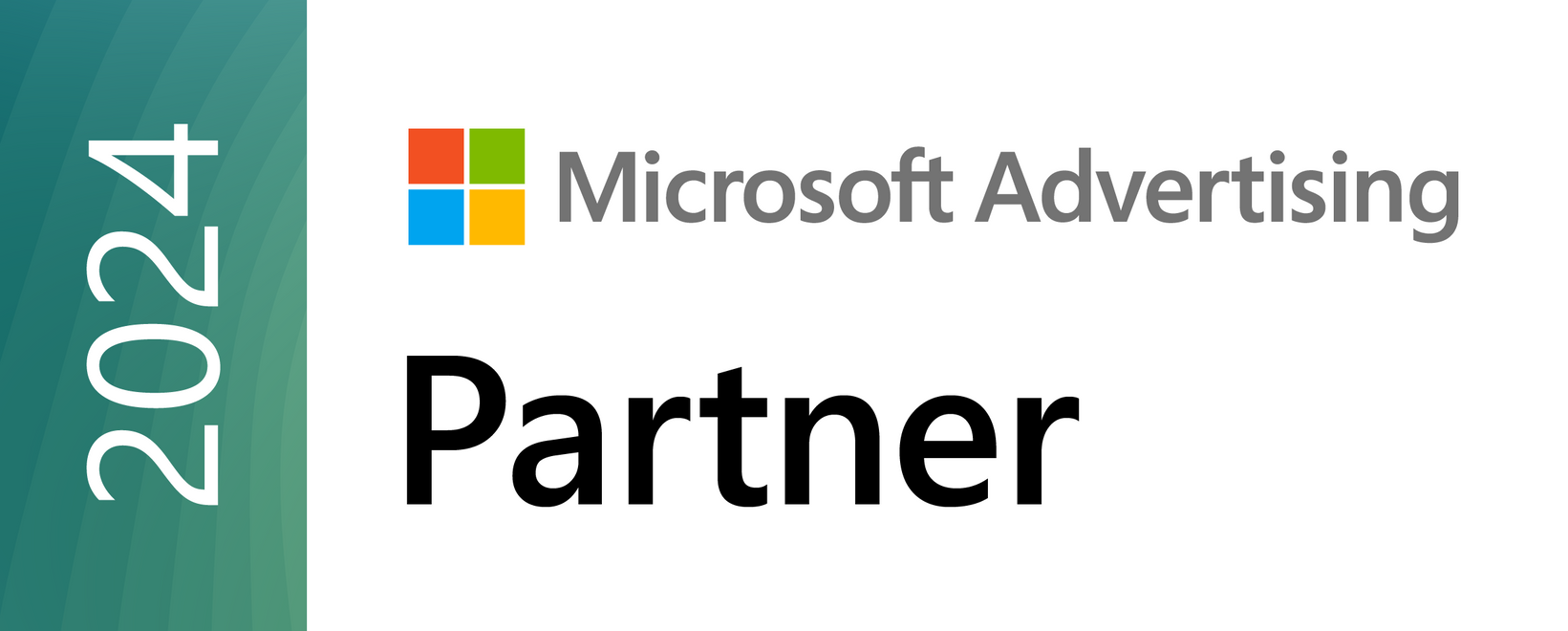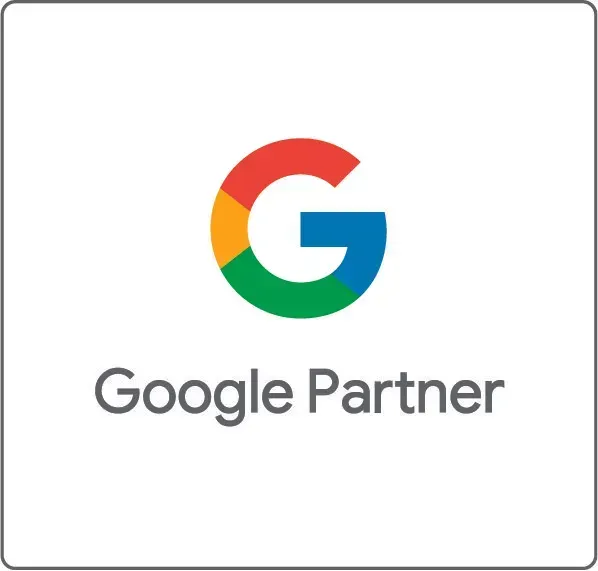Search Engine Optimization
SEO & Content Marketing
REV77’s SEO and content marketing services are designed to help businesses of all sizes establish an online foundation and deepen their brand’s footprint within the search landscape. Despite what some digital marketers may suggest, there is no Google-approved roadmap that, when followed, will guarantee your business’s dominant position at the top of the SERP.
Doing SEO right requires a carefully plotted course with built-in flexibility to adapt and adjust as Google rolls out regular algorithm updates. Our SEO team uses GA4 and third-party tools to collect and interpret the sometimes messy data to identify positive and negative trends to map the path that holds the greatest chance of organic ranking progress for clients.
Why Choose REV77
for Your SEO and Content Needs?

A Combined Approach to Content Marketing and Search Engine Optimization
In Google’s internet, SEO and content creation are two sides of the same coin. It’s difficult to build organic visibility without high-volume publishing of optimized content, but that content must be written with a clear and intentional goal. Some of the only unambiguous and long-standing SEO advice proffered by Google is in regard to the importance of content value to searchers. We leverage detail-oriented research and carefully chosen topics and keyword strategies to establish our clients as trusted local experts within their vertical.
What Our SEO Specialists Can Provide

Onsite Optimizations & Keyword Research
The words on a page are just one feature search engines crawl to determine your website’s relevance. Schema markup, meta descriptions and title tags must be optimized as well. We utilize decades of combined SEO experience to perform ongoing topic and keyword research and create optimization strategies that align with our client’s goals, expectations and other marketing efforts.
Monthly Reporting
Our in-depth monthly performance reports include work completed, key wins and optimization recommendations moving forward. We make the most out of GE4 and our own custom dashboard to clearly visualize performance with metrics that are understandable.
Listings Monitoring
Your website isn’t the only online real estate your business owns. Maintaining accurate, robust listing information across the web ensures searchers know who you are, what you do and where you are. We have the capability to manage local listings on 70+ frequently utilized platforms. Our team ensures each client’s information stays accurate and consistent across listing and review platforms.
Google Business Profile Optimization
Google Business Profiles are powerful tools in the realm of search visibility. Despite its accessibility and low costs, many businesses fail to keep their profile updated or only do the bare minimum. Our team fleshes out and optimizes Google Business Profiles to ensure it enhances client search performance.
Our Work
Houston Primary Care Doctors
A Houston hospital’s existing SEO company was eking out modest SERP gains by taking a passive approach to optimizations and making no efforts to improve content or industry authority. REV77 took the reigns and implemented an aggressive strategy to establish our client as a primary care leader in the Houston area. Moral of the story: high gear beats neutral every time.
Seattle Window Replacement Company
Our client, a window replacement company in Seattle, hired a company to develop a new website. Web developers are not always SEO experts, and they didn’t take the necessary steps to preserve domain authority and the online reputation our client had established over the years. REV77 stepped in to salvage their SEO. Within a year, we had not only helped the company recover but also gained ground.
SEO Frequently Asked Questions
Secure Your Spot as a Trusted Authority in Your Industry
You know your business – our goal at REV77 is to ensure you are recognized for that expertise. Let our team’s SEO specialists draw you a roadmap to point the way toward long-term ranking gains.




